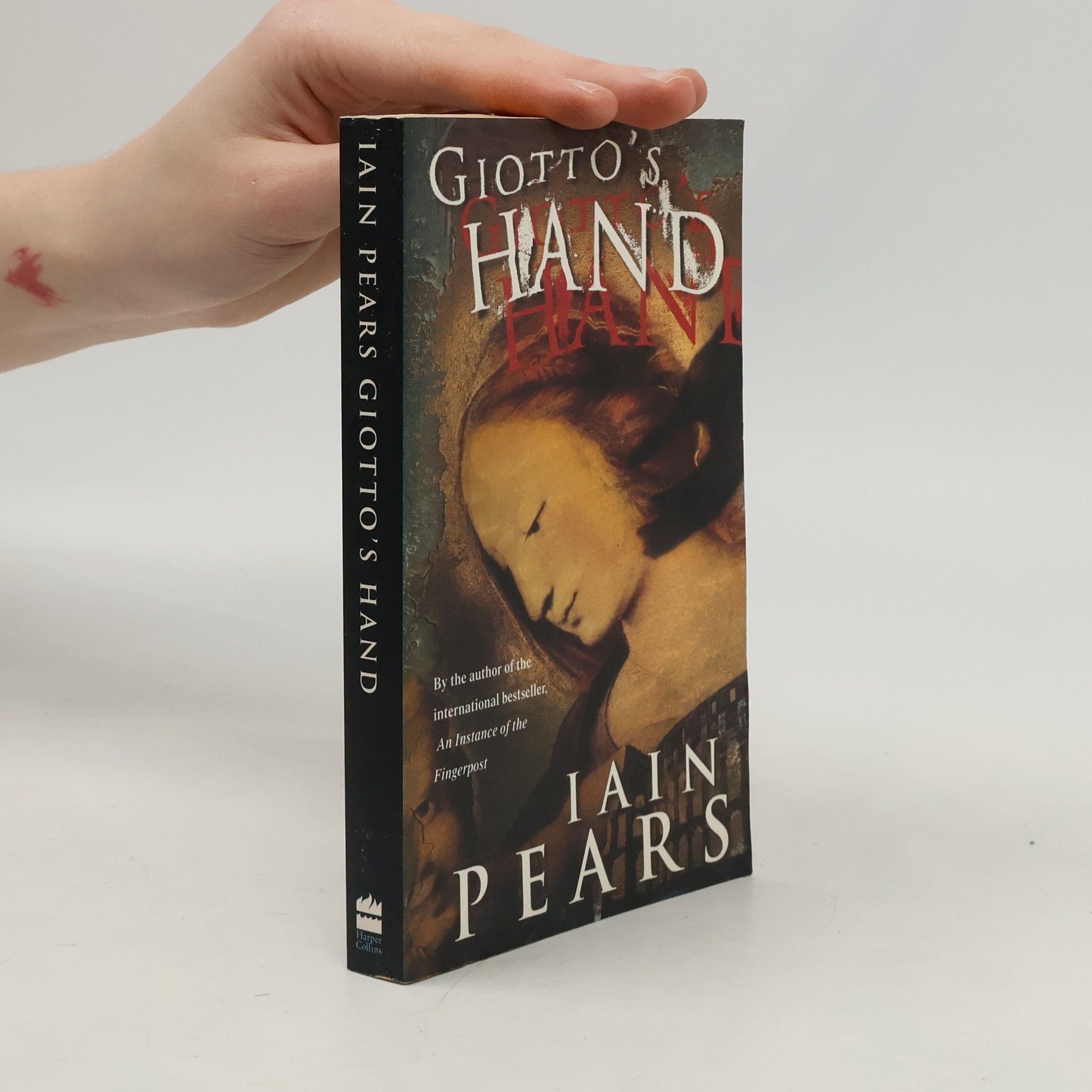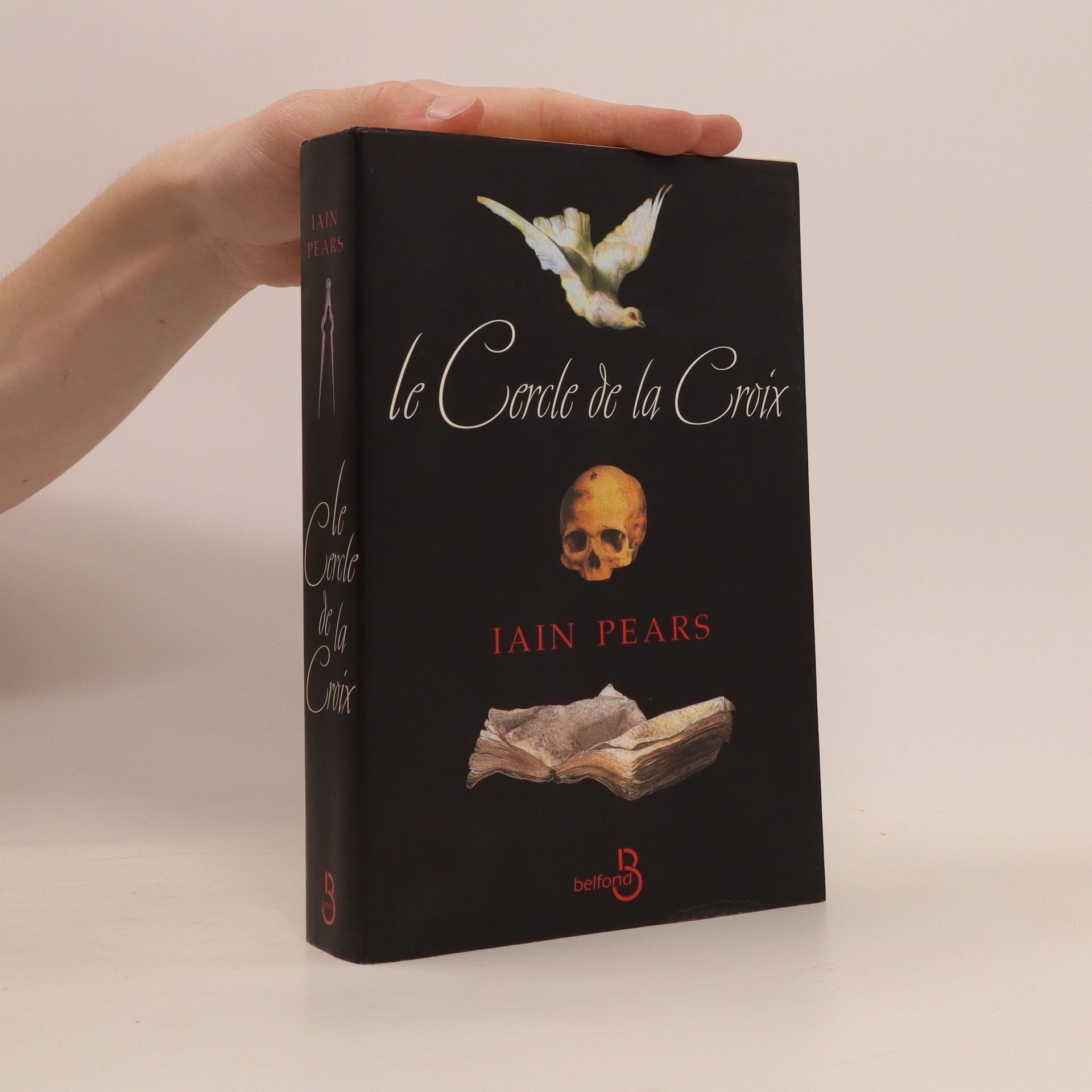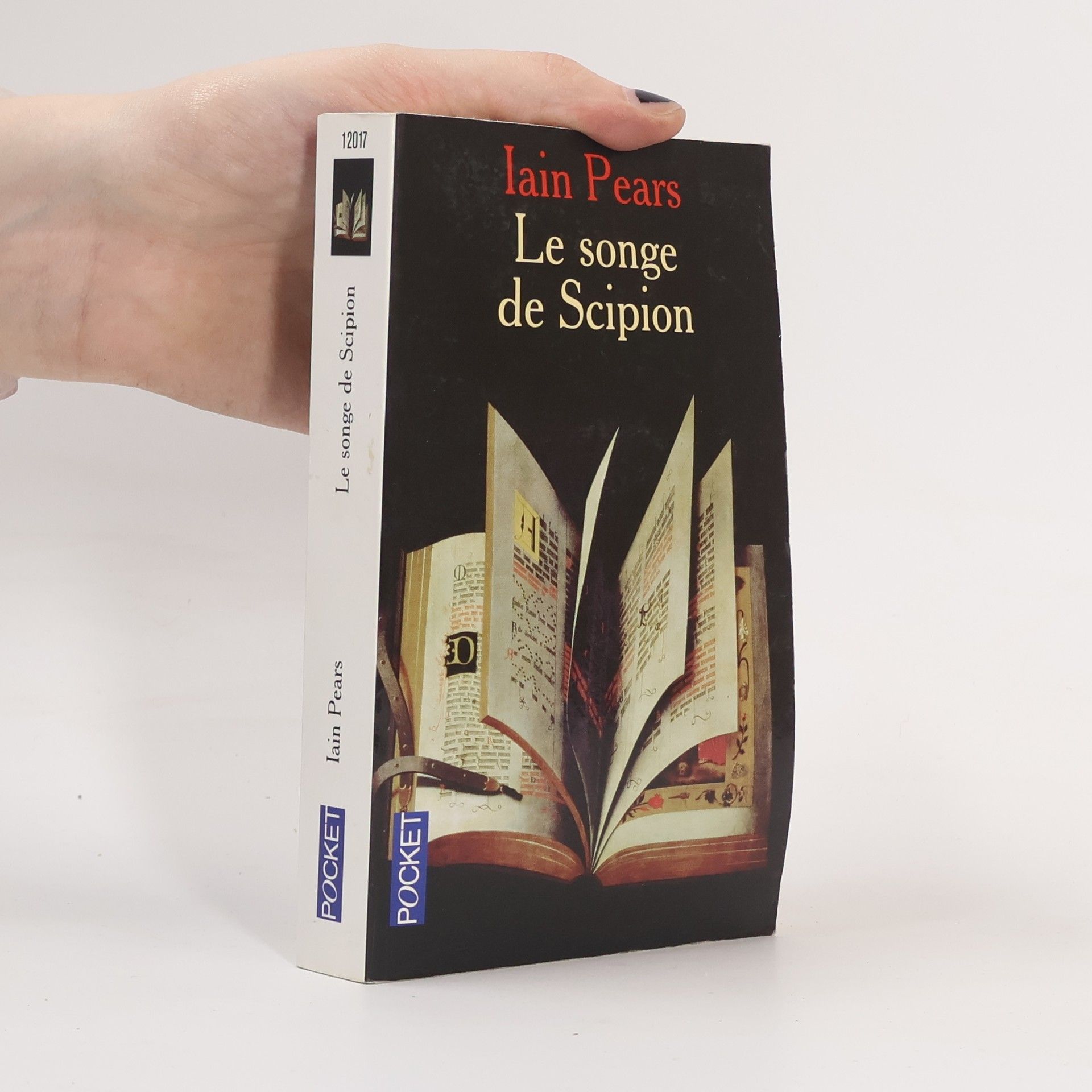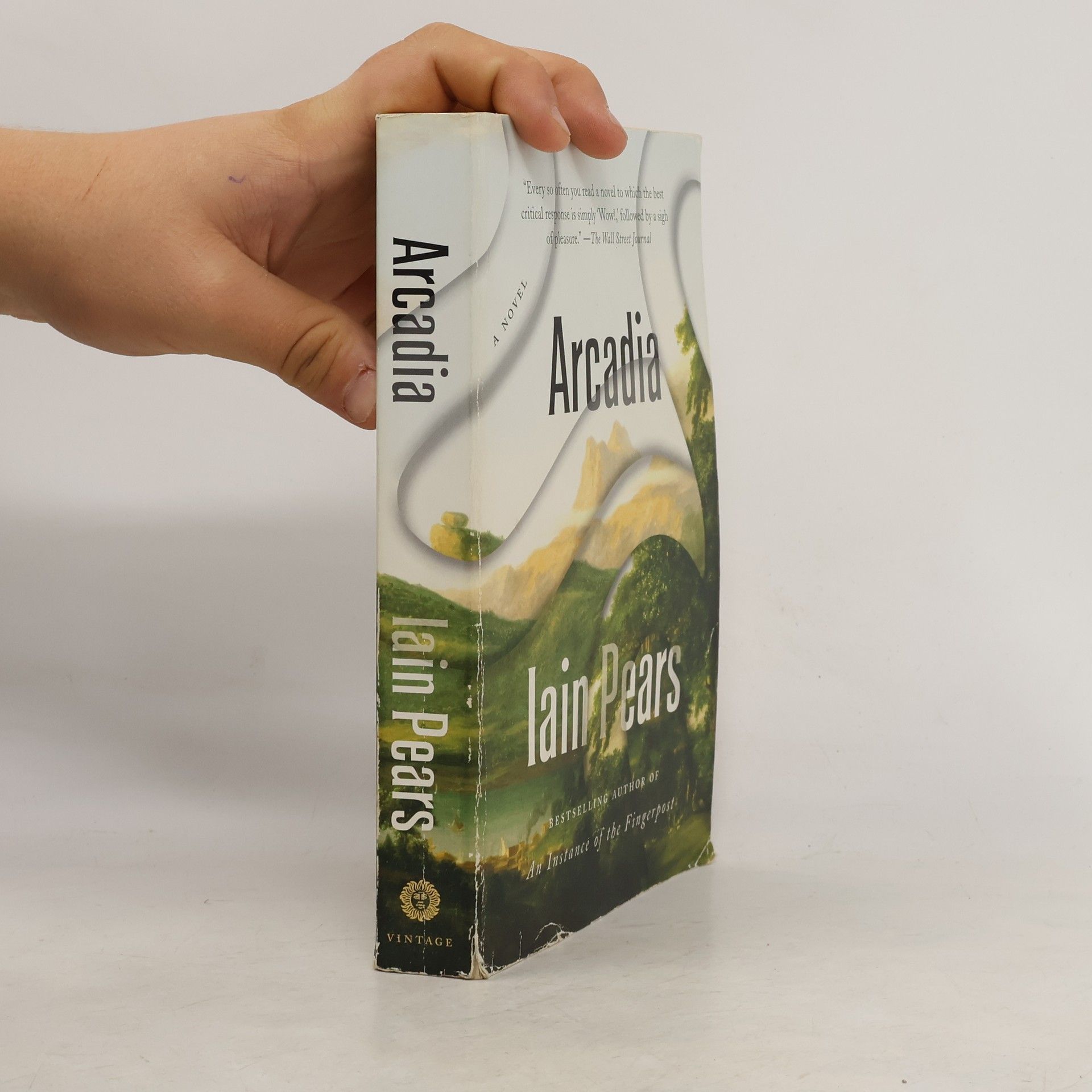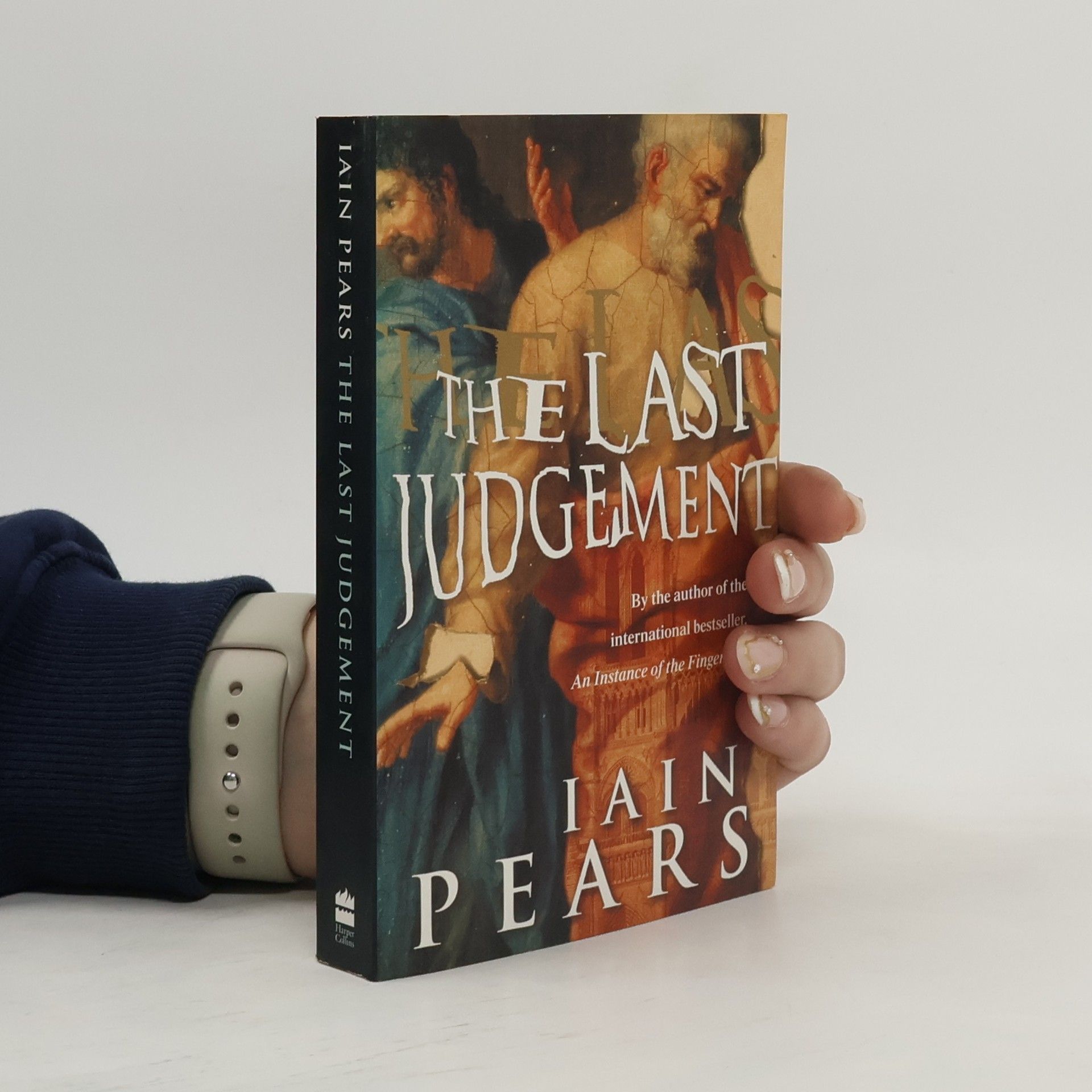Le songe de Scipion
- 586pages
- 21 heures de lecture
Le songe de Scipion dépeint le destin de trois hommes à des moments clés de la civilisation occidentale : l’effondrement de l’Empire romain au Ve siècle, les années de la Grande Peste au XIVe siècle et l’apogée du nazisme aux heures les plus sombres du XXe siècle. Manilius Hippomanes est un aristocrate obsédé par la survivance et la préservation de l’Empire, tout comme l’obsède l’exercice du pouvoir. Olivier de Noyen, un poète au service d’un puissant cardinal qui complote pour restaurer la papauté à Rome. Julien Barneuve, un intellectuel insatisfait, tenaillé par le doute et qui finira par rallier le gouvernement de Vichy. Un manuscrit ancien – œuvre de Manilius inspirée du fameux Songe de Scipion, tiré de De Republica de Cicéron – disparu puis ressurgi, partiellement transmis au fil du temps, sera réinterprété par Olivier et redécouvert par Julien.

